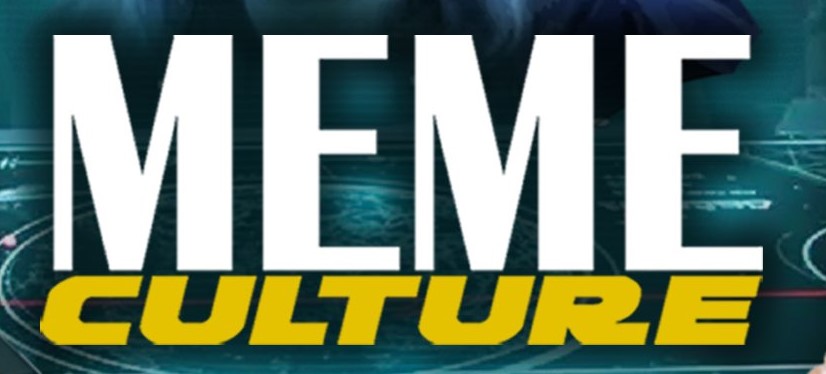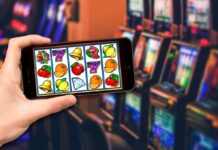
In recent years, the phenomenon of meme culture has rapidly evolved from a niche internet subculture to a powerful force influencing mainstream media, marketing strategies, and even financial markets. Memes, which are humorous images, videos, or texts that spread rapidly across the internet, have become a universal language that transcends geographical and linguistic barriers. This article explores the rise of meme culture, its impact on various industries, and the emerging trend of “Meme Bet” in the casino and gambling sector.
The Emergence of Meme Bet in the Casino Industry
The influence of meme culture has also extended to the gambling and casino industry, giving rise to a new trend known as “Meme Bet.” This term refers to the practice of betting on events or outcomes inspired by popular memes. For instance, some online casinos have begun offering bets on the success or failure of meme-based cryptocurrencies or the outcome of viral internet challenges.
Meme Bet has become particularly popular among younger gamblers who are already familiar with meme culture. These bets often involve a mix of humor and risk, making them an attractive option for those looking for a unique gambling experience. The rise of “Meme Bet” is a testament to how deeply ingrained meme culture has become in various aspects of modern life, including entertainment and gaming.
The Origins of Meme Culture
Meme culture began to take shape in the early 2000s with the advent of social media platforms like MySpace, YouTube, and Facebook. Initially, memes were simple, humorous images or videos shared among friends and online communities. However, as social media platforms evolved, so did the complexity and reach of memes. Platforms like Twitter, Instagram, and Reddit allowed memes to spread like wildfire, often going viral within hours.
The ability of memes to quickly convey humor, satire, or social commentary made them an essential tool for online communication. As more people began to engage with memes, they became a significant part of internet culture, influencing not just online communities but also mainstream media.
Meme Culture’s Influence on Marketing and Branding
Recognizing the popularity of memes, many brands and companies have integrated meme culture into their marketing strategies. Memes are now used to create relatable content that resonates with younger audiences, particularly millennials and Gen Z. By leveraging the humor and relatability of memes, brands can connect with their audience on a personal level, often leading to higher engagement rates.
For example, companies like Wendy’s and Netflix have embraced meme culture by creating witty, meme-inspired content that aligns with their brand identity. This approach not only humanizes the brand but also makes it more relatable and approachable to consumers.
Meme Culture’s Role in Financial Markets
One of the most notable impacts of meme culture has been its influence on financial markets. The rise of “meme stocks” such as GameStop and AMC in early 2021 demonstrated the power of online communities to influence stock prices. These stocks, which were heavily shorted by institutional investors, became the target of a coordinated effort by retail investors on platforms like Reddit’s WallStreetBets. The result was a dramatic surge in stock prices, causing significant losses for hedge funds and sparking widespread media coverage.
The success of meme stocks highlighted the growing influence of online communities and the democratization of financial markets. It also raised important questions about market manipulation, the role of social media in investing, and the future of retail trading.
The Future of Meme Culture
As meme culture continues to evolve, its influence on various industries is likely to grow. Whether through marketing, entertainment, or financial markets, memes have proven to be a powerful tool for shaping public opinion and driving trends. As long as there are internet users, memes will continue to thrive, serving as a reflection of society’s humor, creativity, and collective consciousness.
In conclusion, meme culture is more than just a fleeting internet trend; it is a significant cultural force with far-reaching implications. From marketing to finance, and even the gambling industry with the rise of “Meme Bet,” memes have become an integral part of modern life. As we move forward, it will be fascinating to see how meme culture continues to shape and influence the world around us.





